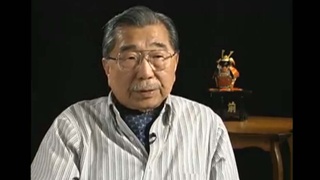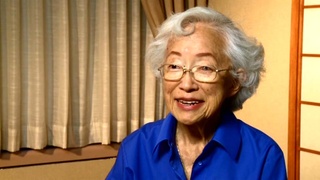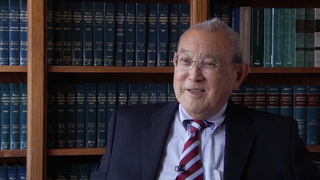Interviews
Gender discrimination in education field
I started out as vice principal at Hilo Intermediate because they had opened up a certification program and I went through that and I passed it so I became the vice principal of Hilo Intermediate at age 29 I think. And then I was there for 8 years while my daughter was growing up. And then I became…I applied for principalship and the only thing they would give me was to be a principal of small elementary schools and of course during those days in 1960s, early ‘60s, there was still this feeling that women were not the main breadwinners. For example, they said, “You know, you’re not the main breadwinner of your family and we have to keep the jobs for the main breadwinners.” So the only thing they offered me was to be a principal of 3 elementary schools at one time and to close one of the schools at the end of the year.
And so I was sort of upset but I went to them and told Glen, “You know, I think I’m going to show them”. So he says, “Go for it.” So I became principal. My first job as principal was to take care of 3 schools and then to close one of the schools which I did.
And then on top of that, because I’m a secondary person, the personnel officer from Honolulu came and said, “You know Margaret, you have secondary teaching certification and to be a principal of an elementary school, you have to have elementary certification. So can you teach one hour per day for one semester?” Which I did in addition. And I taught, of course, mathematics to special ed students, which wasn’t bad at all.
Date: May 31, 2006
Location: Hawai‘i, US
Interviewer: Akemi Kikumura Yano
Contributed by: Watase Media Arts Center, Japanese American National Museum
Explore More Videos

Talking to children about decision to resist the draft during World War II
(b. 1925) Draft resister

Reflecting on Japanese Americans' response to incarceration
(b. 1925) Draft resister


Thoughts on relationship between Japanese Peruvians and Japanese Americans at Crystal City, Texas
(1937 - 2021) Teacher

The political effects on Nikkei during the war (Spanish)
(b. 1950) Nisei Chilean, Businessman

Government sold Japanese Canadian properties for little money
(b. 1928) Doctor. Former Chair of the Japanese Canadian Redress Foundation.

Questioning Curfew
(1918-2012) Fought the constitutionality of Executive Order 9066.

Challenges of finding a summer job
Judge, only Japanese American to serve on CWRIC.



Traumatic experiences before camp
(1913-2013) Doctor specializing in obstetrics in Southern California

“Everybody went in like sheep”
(1913-2013) Doctor specializing in obstetrics in Southern California

Discrimination for Nisei doctors
(1928–2016) Daughter of an Issei doctor


Being Denied as a Japanese American Lawyer
(b. 1934) The First Japanese American Appointed to the U.S. Court of Appeals.
